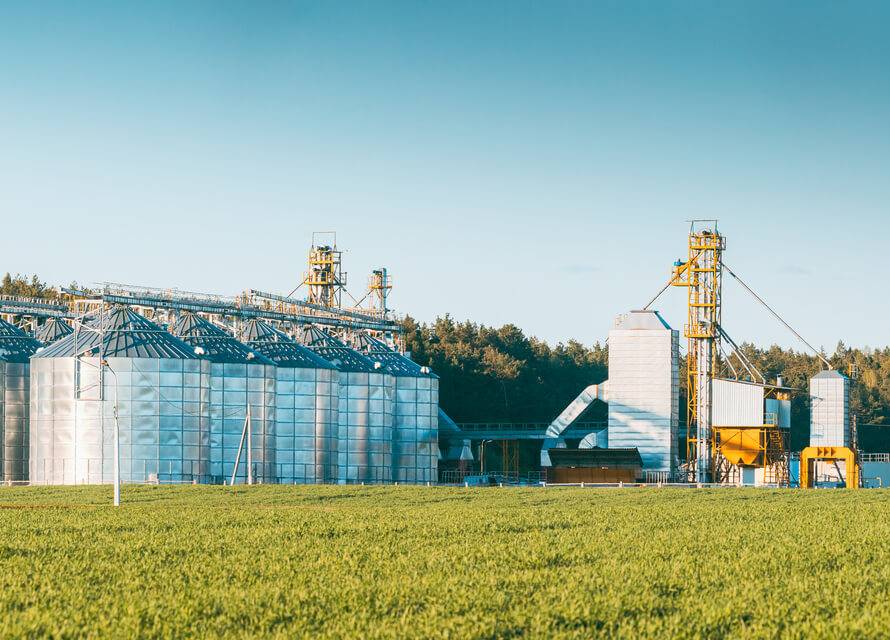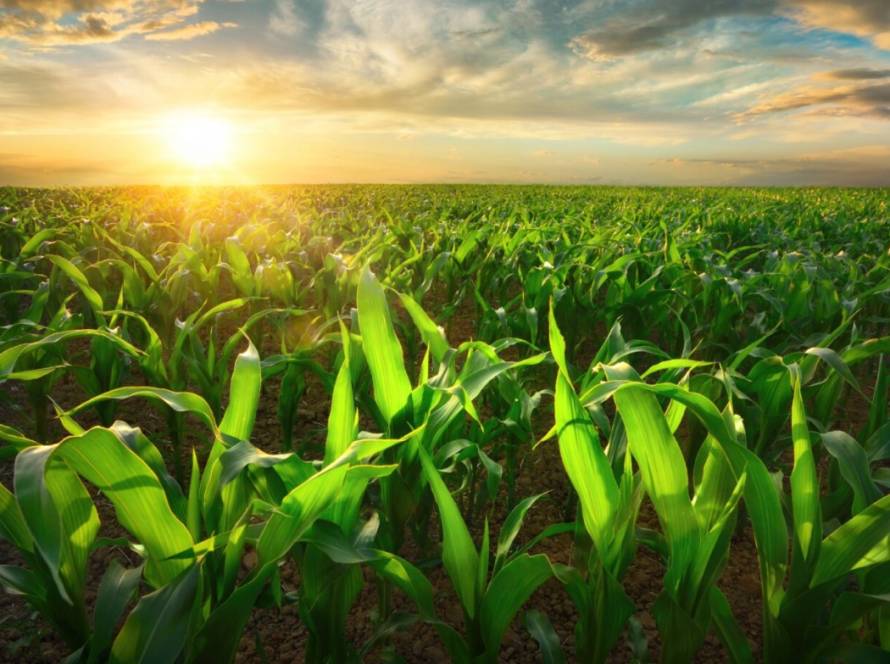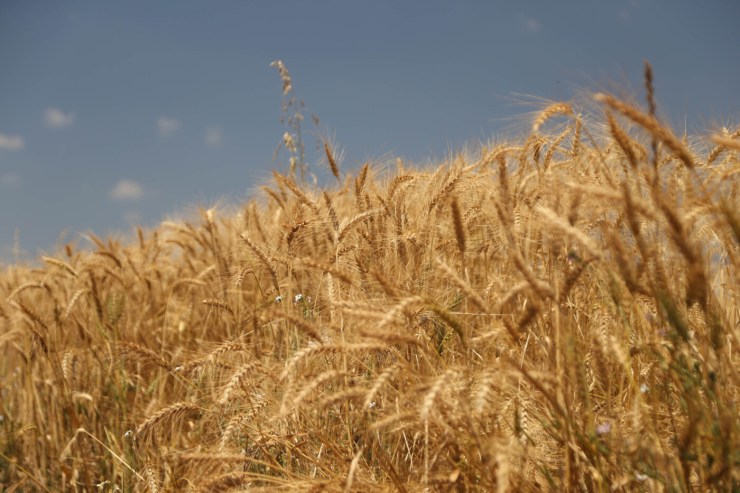With estimates pointing to one of the best harvests in the last three years, and average productivity between 3,500 and 4,000 tons, with expectations of reaching 340,000 tons in total, the wheat outlook in São Paulo is optimistic. The figures were presented during the second meeting of the Wheat Sector Chamber, held this Thursday (31), at the headquarters of Ouro Safra, in Pilar do Sul, São Paulo. The meeting, broadcast live on YouTube, brought together representatives of the production chain, as well as the Secretary of Agriculture and Supply of the State of São Paulo and experts from the Lastro consultancy and StoneX.

Estimates from the Wheat Sector Chamber consider favorable weather and low incidence of diseases, indicating one of the best productions in the last three years – Photos: Disclosure/Sindustrigo
According to José Reinaldo Oliveira, vice president of the São Paulo Wheat Chamber, the current harvest represents an exciting time for the sector. "Despite a brief period of instability, the prevailing neutral climate favored crop development and contributed to the low incidence of diseases, which reduced the need for field interventions. Plant health is excellent, and everything indicates that producers will harvest higher volumes than in recent harvests," he assessed.
Productivity projections could be even higher in irrigated areas or areas managed with more intensive management. "Based on the data discussed in the Chamber, São Paulo should exceed 340,000 tons. Although we've already recorded higher numbers in previous years, this will be a positive milestone, especially given the reduced area and competition from second-crop corn," Oliveira noted.
Among the main challenges faced by producers this harvest are high production costs and rising interest rates on rural credit. According to the vice president, these factors directly impacted crop planning and limited the expansion of cultivated area. "Financial insecurity led many farmers to opt for lower-investment crops or even to stop planting altogether," he noted.
Reflections of a state aligned with agribusiness
For the Secretary of Agriculture and Supply of the State of São Paulo, Guilherme Piai Filizzola, strengthening the production chain is the main driver of growth in the sector. "When the chain is well-structured and organized, it advances even without relying heavily on government. But our role is to support it—it's an obligation," he emphasized.
According to him, sectoral chambers play a strategic role by bringing together all production stakeholders, from farmers to agribusiness and exporters. "This format is crucial for strengthening the sector," he noted.
The secretary also highlighted the role of agribusiness in the performance of São Paulo's economy. "In 2025, agriculture drove state GDP growth, with an increase of 8%, while services grew 3% and industry, only 0.9%. It's the countryside that's driving São Paulo," he explained, highlighting that the region is an agro-environmental powerhouse. "We produce sustainably and preserve like no other country. We have the greatest crop diversity and play a decisive role in global food security," he emphasized, using wheat production as an example.
Global market expected to put pressure on Brazilian wheat prices

Secretary of Agriculture and Supply of the State of São Paulo, Guilherme Piai Filizzola
During the event, StoneX analyst Jonathan Pinheiro highlighted the market risks surrounding the current harvest in the region, which is expected to be slightly smaller compared to the previous cycle.
According to him, the global scenario is putting strong pressure on prices, as approximately 80% of the global harvest is currently being harvested. "We are very close to the market floor, which requires increased attention to risk management," he stated.
In the international market, demand remains strong, but high inventories in Argentina are creating additional pressure on prices in Brazil, even with lower domestic production, which increases the need for imports.
"Brazil is currently consolidating its harvest, and we still need to wait to get a more accurate idea of the final volume. In the meantime, exchange rate factors remain decisive," he explained.
ICMS allows for greater financial predictability and reinvestment in wheat production
During the closing of the meeting, Lastro consultants Gustavo Lopes Venâncio and Viviane Morales presented details on the ICMS tax benefit for rural producers. São Paulo is one of the few states that allows secure electronic tax recovery, provided legal requirements are met.
According to experts, many producers are still unaware of the possibility of recovering ICMS (Tax on Goods and Services) paid on inputs such as fertilizers, packaging, diesel fuel, fixed assets, and goods purchased outside the state. "The credit can be redeemed for the last five years. For example, on a purchase of R$10,000 in fertilizer, it's possible to recover R$1,400; for bags and packaging, the amount can reach R$1,800," explained the consultant.
To access the benefit, the producer must be registered with the state and CNPJ, present invoices in their own name and prove ownership or exploitation of the land.
The request must be submitted to the Treasury Department, with specific documentation prepared in accordance with current regulations. "The recovered amount is not returned in cash, but credited to an account linked to the Treasury system, and can be used to pay suppliers of inputs, machinery, or packaging, through a credit assignment approved by the tax authorities. In addition to reducing production costs, the benefit allows for greater financial predictability and direct reinvestment in crops," added Viviane. The full meeting can be watched at Sindustrigo's YouTube channel.





